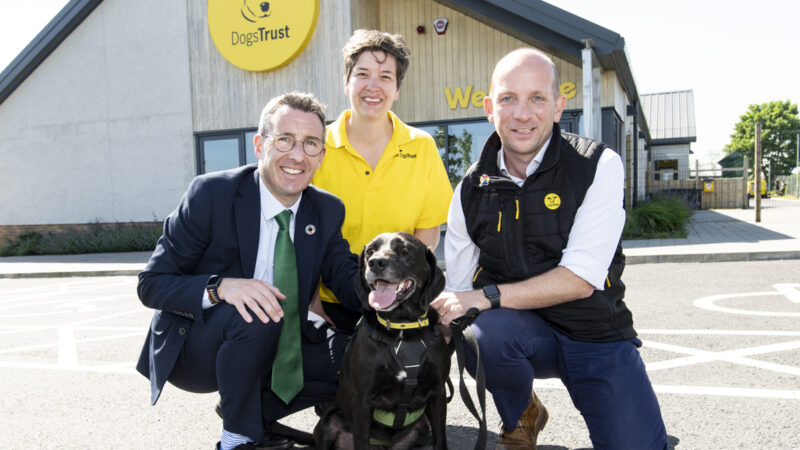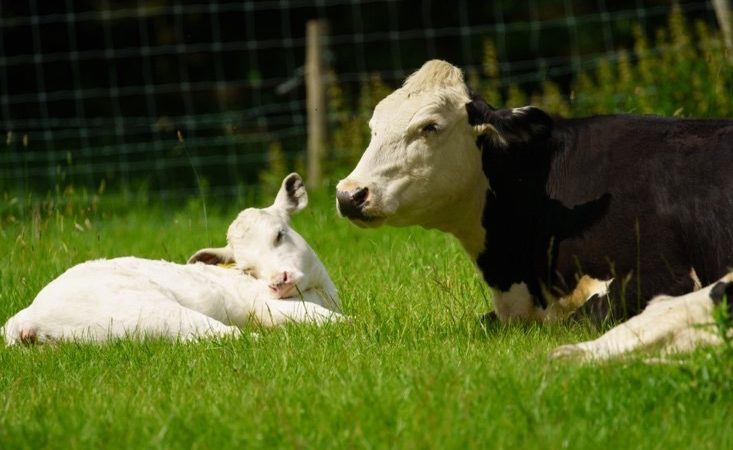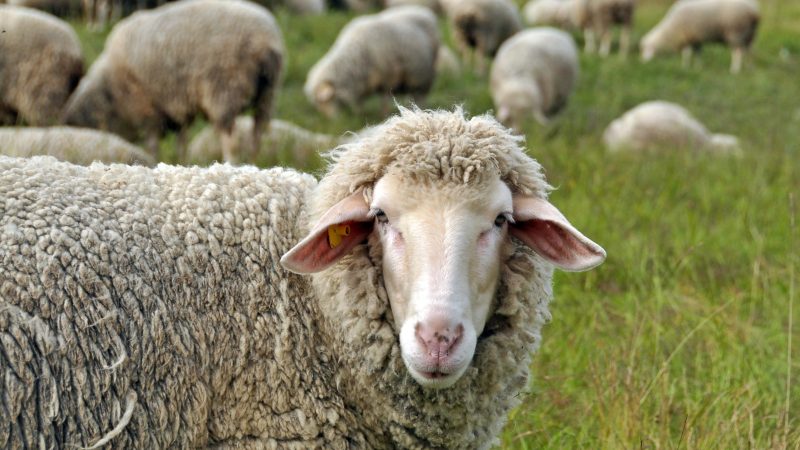Views sought on veterinary degree standards

The Royal College of Veterinary Surgeons is seeking the views of members on a proposed new set of standards and methodology to be used when accrediting UK and international veterinary degrees.
Dr Sue Paterson, RCVS Council Member and Chair of the RCVS Education Committee, said: “These proposed new standards are the culmination of a lengthy review process starting in September 2019 in which we have looked at international best practice, best practice from other healthcare fields and engaged with stakeholders to conduct a root-and-branch review of how we can better assure the quality of veterinary degrees, and the outcomes for our veterinary students.
“We believe that the new standards provide a new approach to assessing veterinary degrees and have the flexibility to apply across different curriculum and programme delivery models within vet schools, and so play a more significant role in driving quality improvement and educational innovation as well as assurance in the regulatory context.
“In addition, the new standards meet some of the key strategic aims of the RCVS around bolstering diversity and inclusion policies in all aspects of veterinary life; ensuring there is appropriate health and welfare support for students and faculty members; inculcating a reflective, learning culture within the veterinary professions; and ensuring that continuous quality improvement is integrated within veterinary schools.”
The consultation runs until 5pm on Friday, 27 August and a link to the online questionnaire is available at: www.rcvs.org.uk/accreditation-consult
There are 75 individual standards that are organised around six overarching domains. These are:
- The Learning Environment
- Organisation Culture and Values
- Education Governance and Quality Improvement
- Supporting Students
- Supporting Educators
- Curricula and Assessment

Dr Linda Prescott-Clements, above, the RCVS Director of Education, added: “We are proposing to move from a process previously based primarily on the consideration of ‘inputs’ (such as formal policies and procedures) to a hybrid approach which increasingly considers evidence on the outcomes of the programme when evaluating whether standards are being met. This approach provides a greater degree of assurance, with sufficient flexibility for schools to be able to demonstrate that educational standards are being achieved across different models of programme delivery, including ‘traditional’ university settings, community-based or distributed partnerships and work-based approaches.”
Responses are welcomed not only from veterinary surgeons but also veterinary students, veterinary nurses, other members of the practice team and representatives of veterinary organisations and other stakeholder groups. All individual responses can be submitted anonymously.
Sign up to our newsletter here >>>> http://eepurl.com/bD5ouH






